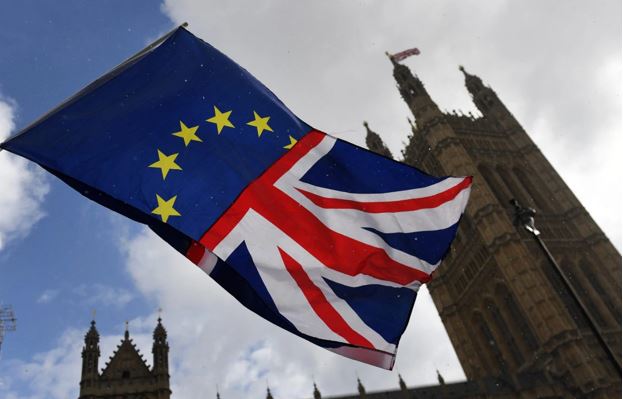Brexit had been one of the most critical issues for both EU and the UK before the COVID-19 pandemic began. Since the United Kingdom left the European Union, there have been multiple trade discussions regarding a smooth transition. For the same reason, both economies have a deadline – December 31, 2020 – before they need to set up and decide on all the trade regulations and other interdependent businesses.
BREXIT stands for BRitain EXITing the European Union. In June 2016, the British electorate voted by a slim majority in favour of Brexit – 52% vs. 48%.
Brexit negotiations delayed by COVID-19 pandemic
However, since the entire world is currently trying to combate the COVID-19 pandemic, negotiating a trade deal has stopped being the two regions’ top priority. Lockdowns, trying to make sure hospitals can cope, and containing the spread of coronavirus infections are the top focus of virtually every country in the world.
 It was expected that there would be an extension on the December 31 deadline as only a few months remain to negotiate the terms, and all the governments are currently handling the Covid-19 pandemic. However, British Prime Minister, Boris Johnson, has recently announced the third round of negotiations, which will be led by chief Brexit negotiator David Frost with his opposite number, Michel Barnier, through video link.
It was expected that there would be an extension on the December 31 deadline as only a few months remain to negotiate the terms, and all the governments are currently handling the Covid-19 pandemic. However, British Prime Minister, Boris Johnson, has recently announced the third round of negotiations, which will be led by chief Brexit negotiator David Frost with his opposite number, Michel Barnier, through video link.
One of the main reasons the UK is not expected to extend the deadline is money. If Britain fails to extend the deadline, Brussels will demand a huge sum of money to help cover the costs of the EU countries’ COVID-19 pandemic response.
With a little more than six months remaining for the deal to be finalized, economists on both sides of the English Channel believe that there is not enough time to get it all done.
Should the deadlines be postponed?
Economists recommend postponing the deadline. Since the economic disruption due to COVID-19 has triggered many geographical, political, and economic uncertainties, it is unlikely that the UK will be able to negotiate a realistic trade deal.
According to economists and other experts, unless the deadline is extended, the terms created between the UK and EU will not be stable enough for the futures market, which may lead to a massive imbalance on the UK side, resulting in significant losses. In this Brexit transition, European companies are planning to wind down their British activities, with the UK giving temporary permission to firms that would continue operating in its borders.
 Once the Covid-19 pandemic has been controlled, the UK market would experience a sudden and steep dip, driven by the exodus of multiple EU companies, organisations, and investments. According to Printing London, 40% of businesses will shrink as most of the country’s printing paper and other machines come from the EU. The already struggling global and UK markets will be facing an accelerating decline in business activity.
Once the Covid-19 pandemic has been controlled, the UK market would experience a sudden and steep dip, driven by the exodus of multiple EU companies, organisations, and investments. According to Printing London, 40% of businesses will shrink as most of the country’s printing paper and other machines come from the EU. The already struggling global and UK markets will be facing an accelerating decline in business activity.
Skills shortage looming
Due to Brexit, many different services associated with finances have already requested permission and licenses in the UK. Also, the COVID-19 pandemic has complicated the issue where both the UK and EU would treat each other’s citizens and allow them to move across borders for work freely.
Unless the problem is resolved before the start of the academic year, the UK will experience a significant shortage of qualified personnel.
Economists believe that major problems for the UK will emerge after the COVID-19 pandemic is over. After a couple of months, the market will open – there will be a sudden surge of demand and supply. Unless a trade deal and other issues are sorted out properly between the United Kingdom and the European Union, the market will face a huge loss in the demand and supply chain.
Then there are the issues of immigration, workers, and other permits required by firms to operate in the UK and EU. Both the negotiating parties need to prioritise their economies if they want to avoid a serious and long-lasting recession, or even a depression. Time will tell what their priorities really are after the coronavirus pandemic has become part of history.
Interesting related articles:

